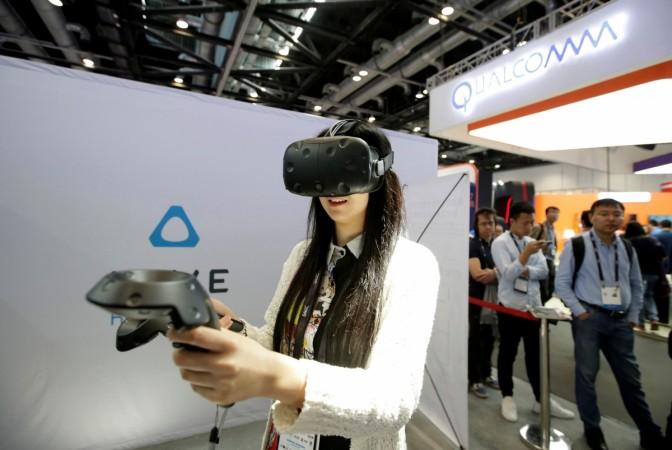
The gaming industry in China is likely to witness explosive growth amid robust exports as the quality of virtual reality (VR) games and mobile eSports improves further, according to a report by research firm IDC.
Chinese new year: Why red is the most important colour in China
After the extreme success of Onmyoji and other premium mobile games last year, more high-quality mobile games are expected to emerge in 2017. At the same time, 5G mobile networks will also help feature more exquisite graphics in richer worlds.
Meanwhile, revenues from mobile eSports games in China are expected to touch $7.7 billion by 2020. In 2016, eSports games generated revenue to the tune of $7.3 billion in China, of which mobile eSports games contributed 34 percent, or $2.5 billion. Sub-segment wise, light mobile eSports games such as chess and card games and heavy mobile eSports games such as shooting and multiplayer online games would remain favourites among eSports players.
Johnny Zhou, analyst at IDC China, said: "While remaining closely involved with the traditional PC and mobile industries, the gaming industry will draw from artificial intelligence, wearables, virtual reality, big data, cloud service and other emerging technologies and use animation, literature, movie and TV, live broadcasting, themed amusement park and other traditional entertainment industries to create more disruptive value."
In terms of exports, companies like Youzu, ELEX and Perfect World saw handsome returns from overseas markets. Social networking platform Facebook is also planning to strengthen its cooperation with Chinese game companies. Additionally, Google Developers Platform officially opened to Chinese developers on December 8 last year, allowing domestic mobile game developers to use the platform to promote their products to overseas markets.
IDC projects China's VR game industry to reach $11.5 billion by the end of 2020. Currently, the VR game hardware industry is relatively fragmented and there is a lack of large-scale distribution platforms for VR content. This will result in game distribution channels and content production standards playing an important role in the development of the VR industry in China.
As far as console game market is concerned, Chinese market is expected to have reached $576 million in 2016, including both game and hardware sales revenue. This market will be driven by the number of console game users in China, which is expected to rise 10 times to 10.5 million by 2020.
Artificial intelligence (AI), with its core functions of computing, sensing and cognition, and wearable devices markets are also likely to gather momentum in the coming years.
However, the gaming industry is expected to face a severe talent shortage in China and hence professional gamers are expected to be in high demand in the country. Demand will be especially strong for professional eSports players, management personnel, eSports relaying personnel, VR game R&D personnel and game anchors.











